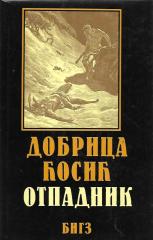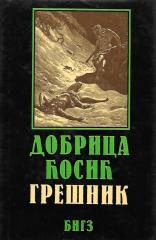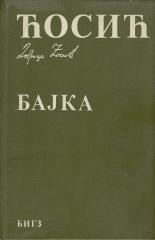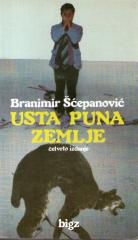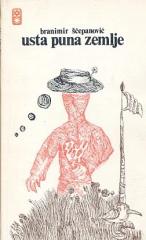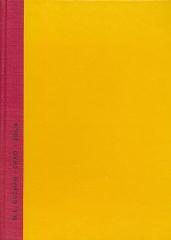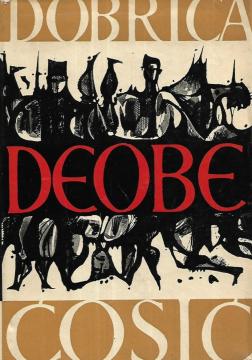
Deobe
Deobe is a novel about the tragic division of Serbs into Chetniks and Partisans during World War II. Winner of the NIN Award, it is part of a wider epic trilogy, inspired by Ćosić's experiences and historical documents.
The action takes place in Serbia in 1941-1944, following the Chetnik movement in the Ravnogorje region from the fervor of the uprising to its moral and military collapse. Duke Uroš Babović, a rich peasant and wine merchant, leads the Moravian detachment, protecting property and tradition from communism. His son, an idealist, escapes from the partisans, which culminates in a terrible scene: the father sentences his son to be hanged, symbolizing the national division. Former officer Kosta Cvetić, tormented by careerist ambitions and loyalty to the kingdom, leads military actions that turn into crimes - massacres of civilians and cooperation with the Germans. Politician Bata Pavlović, an intellectual with complexes, tries to modernize the Serbian myth into an ideology, but sinks into ideological confusion. The thug Ljubiša Dačić, a poor servant hungry for power, becomes a torturer, while the priest Gavril spreads fanatical hatred. Young Mladen Rakić is looking for meaning in chaos. The initial collaboration with the Partisans disintegrates into a civil war: the Chetniks plunder villages, kill "traitors" and lose the support of the king and the Allies. The novel ends with a Chetnik defeat - the Chetniks flee, leaving behind devastation and remorse.
One copy is available
- Blago oštećenje ovitka
